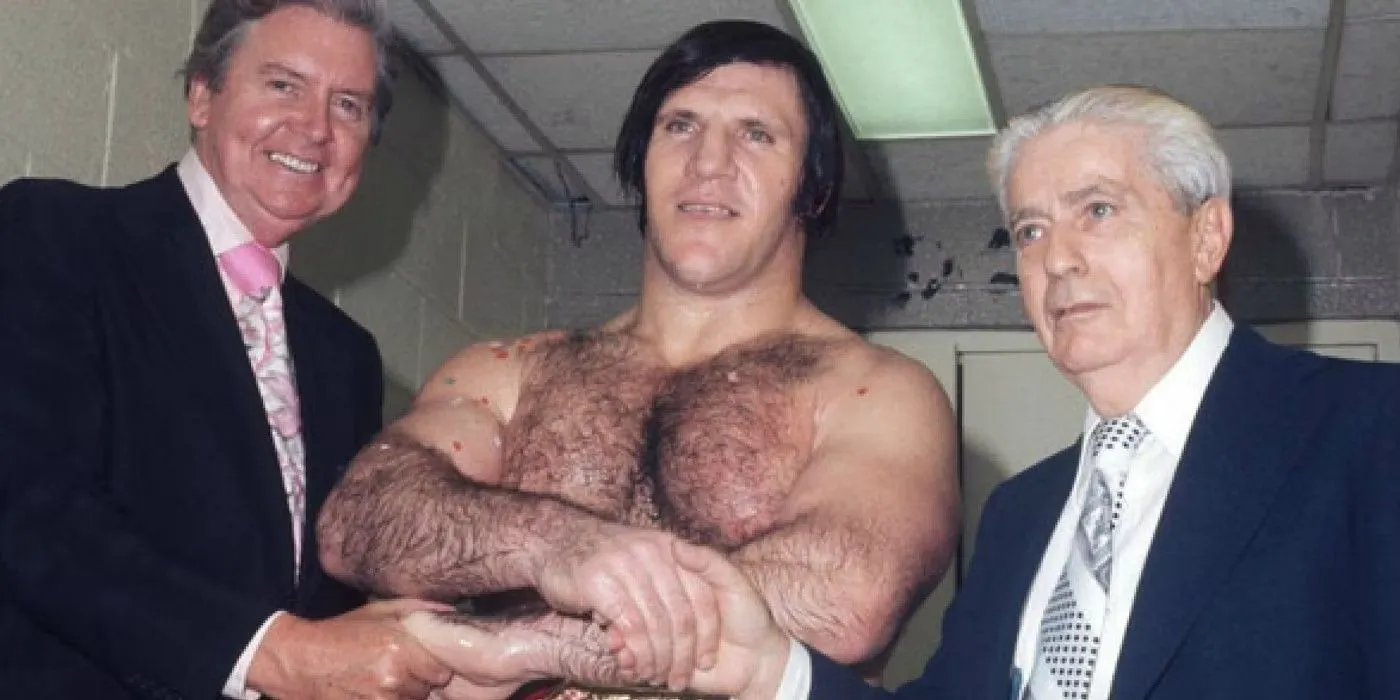Championship titles in WWE and professional wrestling are often subjects of debate. While some commentators and industry insiders dismiss them as mere “props,”viewing them primarily as narrative devices, others argue that the value, respect, and prestige associated with being a “champion”are central to the sport’s fabric—regardless of the lack of genuine competition. Ultimately, these differing perspectives converge around the idea that championship matches captivate fans, showcasing the most prominent and beloved Superstars of the industry.
Recently, John Cena’s promo on Monday Night RAW in Glasgow, Scotland, revitalized the significance of the WWE Championship. His bold claim that winning the title against Cody Rhodes at WrestleMania 41 would lead him to retire and take the championship belt home adds a dramatic layer to an already thrilling event. This announcement has transformed what was already a highly anticipated match into a must-see spectacle for wrestling enthusiasts.
The Legacy of the WWE Championship
Will Sixty Years of History End at WrestleMania 41?

The inception of the WWE Championship dates back to April 25, 1963, with the establishment of the WWWF World Heavyweight Championship. This marked Vince McMahon Sr.’s break from the National Wrestling Alliance (NWA) after a dispute regarding the NWA World Heavyweight Championship. Buddy Rogers became the inaugural champion, with Bruno Sammartino holding the record for the longest reign at an astonishing 2,803 days, captivating audiences in Madison Square Garden.
In 1979, the title was renamed from WWF World Heavyweight Championship and finally became the WWE Championship in 2002. Since then, its lineage has experienced various transformations, influenced by title unifications and brand splits—among them the introduction of the WWE Universal Championship in July 2016, established to provide Raw with a world title during a brand split. The recent unification by Roman Reigns at WrestleMania 38 has led to the emergence of the Undisputed WWE Universal Championship, currently held by Cody Rhodes.
Despite the complexities surrounding the history of WWE’s top championship, one certainty remains: the title represents the premier performer within the leading organization worldwide. In a period when WWE emphasizes its rich history, Cena’s assertion to reclaim the past adds significant stakes to his match against Rhodes, making it not just a battle for the title but for the legacy of the brand itself.
John Cena Wants to Ruin Wrestling
Heel Cena Targets the Fans’ Emotions
https://www.youtube.com/watch?v=UYSqG0qPLV0
As Cena’s heel character unfolds, fans are engaged in a narrative that serves as a masterclass in pro wrestling storytelling. After delivering a riveting promo in Brussels, Cena’s second appearance struck a vastly different tone. While the first showcased an ego-driven narrative of Cena as a victim, the latest seeks to engage and confront the audience directly.
Cena articulated his long-term study of the WWE universe, indicating that he would take away the elements fans cherish most in a bid for revenge. This narrative resonates with a classic villain’s plot: he skilfully utilizes his notoriously criticized “spinner belt”to highlight what fans value—the championship’s legacy. If Cena were to retire with the title, it would mean erasing over six decades of historical lineage.
This scheme is more intricate than it may appear. Cena aims not just to claim the physical belt—an object that regularly changes hands—but to demolish the historical lineage of the WWE Championship that commenced with Buddy Rogers in 1963. By retiring without relinquishing the title, Cena would force the WWE to create an entirely new championship that could not connect to its illustrious past, firmly establishing himself as “the last real champion.”
John Cena vs. Cody Rhodes: The Most Important WrestleMania Main Event Ever
The Stakes Have Never Been Higher
https://www.youtube.com/watch?v=7ZyZPls0luU
WrestleMania has a rich history featuring iconic main events that have shaped the future of WWE. As we approach the 41st installment, the stakes are unprecedented, with Cena’s provocative statements casting shadows over the championship’s legacy. While the likelihood of witnessing the end of the WWE Championship’s heritage may seem improbable, the thrill of pro wrestling uniquely thrives on the suspension of disbelief—offering fans a moment where Cena’s challenge places the entire company’s history on the line.
Throughout WrestleMania’s history, moments like Hogan slamming Andre in 1987 or Daniel Bryan’s triumph in 2014 were pivotal, but they were all about shaping the future. However, the matchup between Cena and Rhodes diverges from this pattern, as it encapsulates a battle over the past. The immediate future remains unpredictable; a poorly booked reign or unforeseen injury could stifle the victor’s journey. In contrast, the past remains steadfast, forming the foundation of WWE’s vision during the Triple H era.
With Cena’s heel turn enhancing the anticipation for his final WrestleMania encounter, the event promises to be historic. Scheduled for April 20, 2025, these two Superstars are set to engage on the grandest stage of all. They will vie not just for dominance but for the profound legacy of the WWE Championship, making it an encounter that transcends typical match expectations and secures its place in WrestleMania history.


